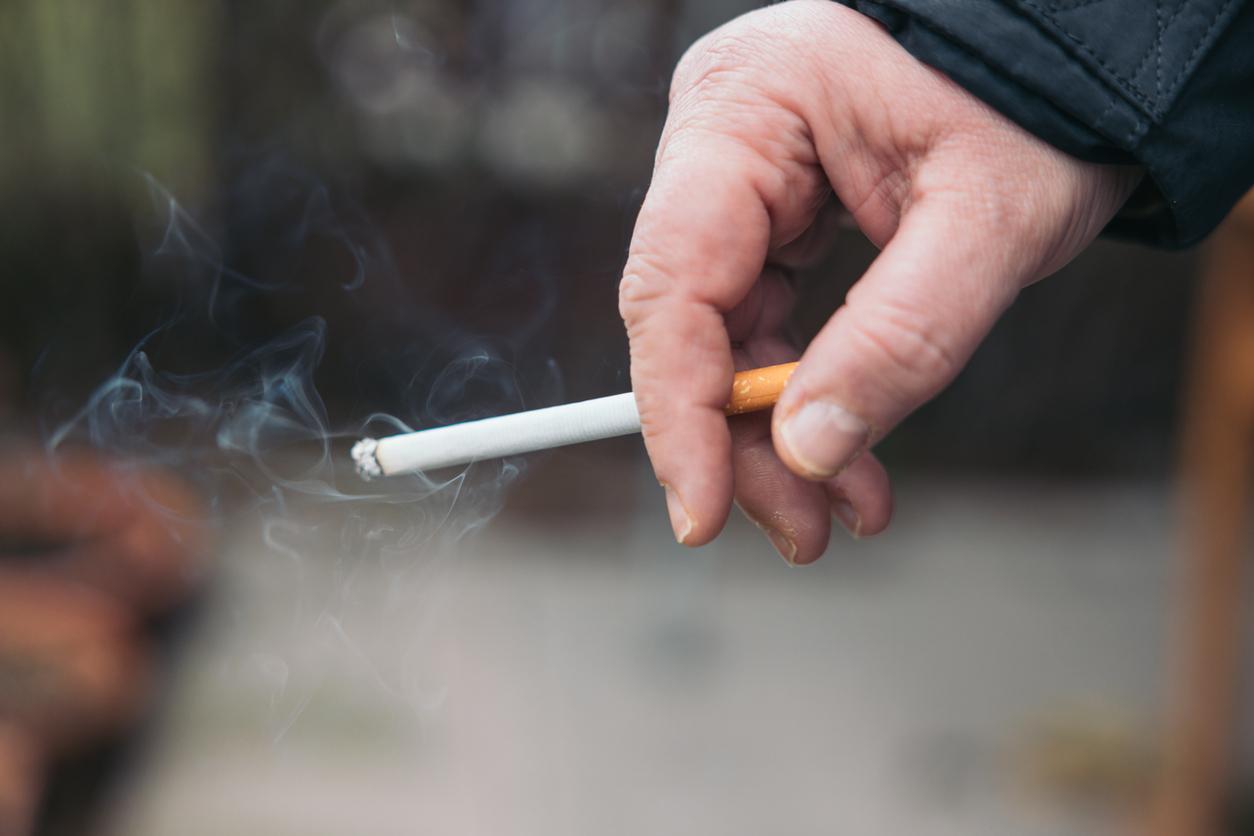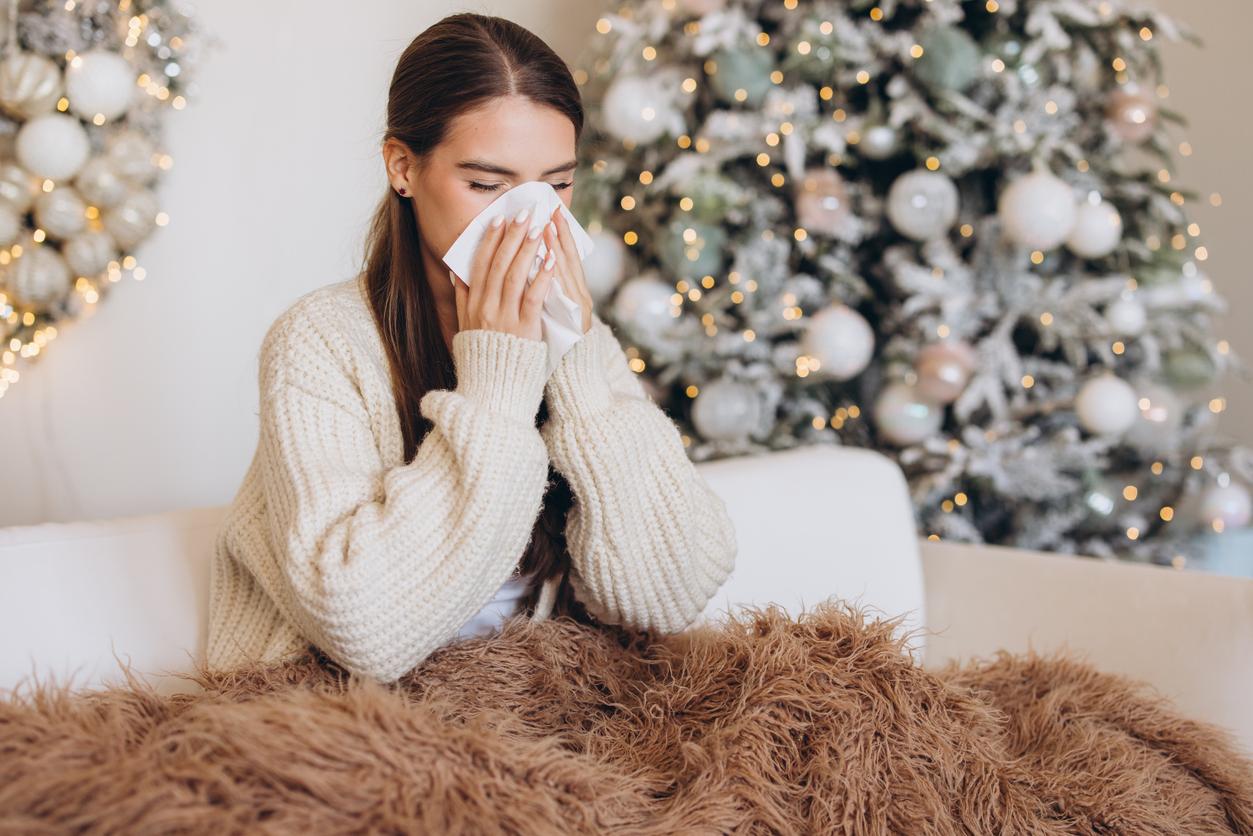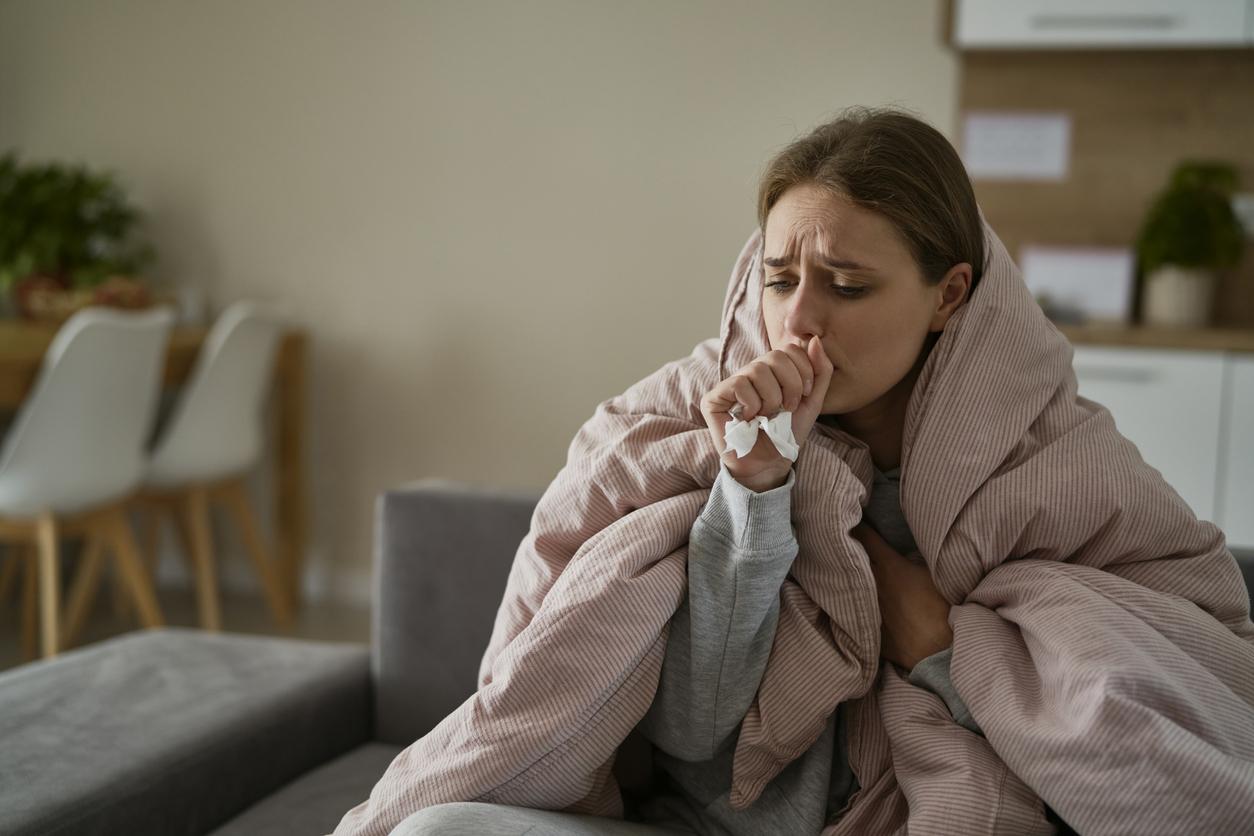Are epidemics more frequent when the thermometer dips?
The increase in respiratory diseases is undeniable in winter. Just like that of the flu and gastroenteritis. In 2008, researchers studied the spread of viruses by varying the temperature and humidity of the environment. They found that a temperature of 5°C and a humidity level of 20% provided the ideal conditions for viral transmission. Philip Rice, of St. George’s Hospital in London, for his part, suggested that ultraviolet radiation would play a role in epidemics. According to his work, these rays would naturally degrade viruses. However, during the winter, sunshine is minimal.
Are there more viruses in winter?
It appears to be. A South Korean team filtered the air in Seoul, in a forest and in an industrial complex and found between 2 and 40 million viruses in one cubic meter of air. This amounts to saying that, without knowing it, we inhale up to 400,000 viruses per minute! The vast majority of them, fortunately, mean us no harm (they also attack trees, fungi, bacteria). Still, in the study, their concentration undoubtedly varied according to the seasons, with a peak in January and a decline from spring.
We also know that some viruses, such as the flu, survive longer in the air when the weather is wet and cold. This increased longevity obviously gives them more chances of contaminating a poor human.
Should we fear the cold?
Contrary to popular belief, cold air alone cannot cause infection. No, you can’t catch a cold! Infection always results from an imbalance between the virulence of a microbe and our resistance capacities.
Nevertheless, being cold contributes to undermining our defenses. Normally, the nostrils filter, moisten and warm the air we inhale, thus forming a barrier against attacks (it is because many blood vessels warm it that we have a red nose when the air is icy!).
But, for this mechanism to fulfill its role, the inspired air must not be too cold. Because low temperatures cause vasoconstriction of the nasal mucosa which reduces its role as a filter and microbes settle there more easily. In addition, the whole body shrinks chillily, which leads to stagnation of waste at the cellular level and poor supply of tissues with oxygen and nutrients. Whence a weakened organism, which excessive heating frequently contributes to softening a little more.
Is our immunity weaker in winter?
It is not enough that a virus enters the body for one to fall ill. The dose of virus needed for infection differs depending on the attacker. For example, it is estimated that it takes between 10 and 100 rotavirus virus particles to trigger gastroenteritis. But everything will also depend on the defenses of the attacked organism. However, not only are there more viruses when the weather is grim, but we are also more vulnerable.
This is because the nasal cavities and sinuses are lined with a coating (the mucosa) that makes mucus. Its role is to trap the microbes that would take this path. But this barrier is lessened in winter. The lack of light, characteristic of the winter season, also has a detrimental effect on immunity. Fortunately, there are remedies to strengthen it!























